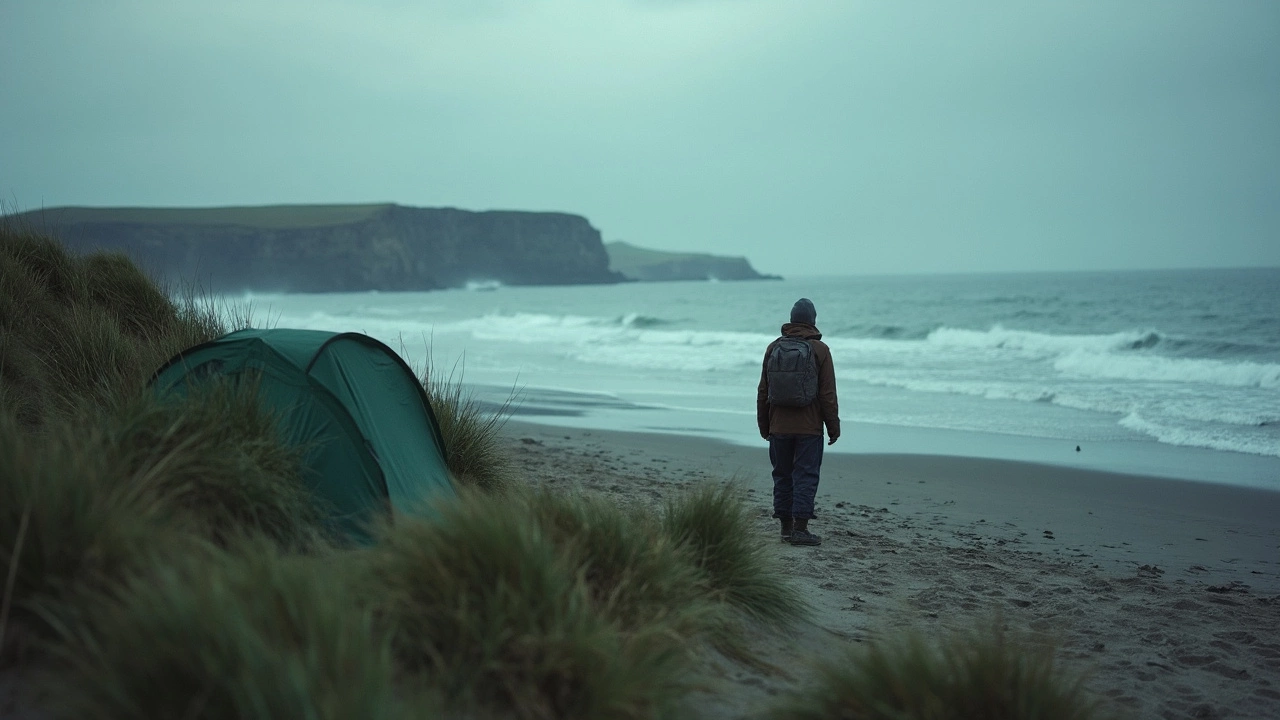Wild Camping Beaches: What You Need to Know
Thinking about falling asleep on a sand dune with the waves as a lullaby? Wild camping on a beach can feel magical, but you need to know the rules and plan ahead. This guide gives you the basics so you can enjoy a night by the sea without getting fined or messing up the environment.
Legal Basics for Beach Camping in the UK
First up, the law. In England and Wales most beaches are owned by the local council, so you usually need permission to set up a tent. Some places have clear signs saying "no camping" and breaking that can cost up to £500. Scotland is different – the Scottish Outdoor Access Code lets you camp on most uncultivated land, including many beaches, as long as you follow the "leave no trace" principle. Northern Ireland also has local rules, so always check the council website before you pitch.
When a beach is part of a protected area – for example a Site of Special Scientific Interest (SSSI) – camping is often banned. Look for information boards or ask a ranger. If you’re unsure, a quick phone call to the local council can save you a lot of hassle.
Practical Tips for a Safe and Fun Night
Pick a spot that’s high enough to stay dry at high tide. The sand near the water can become waterlogged fast, so aim for a dune or a flat area a few meters back. Bring a sturdy groundsheet; a thin tarp can soak up moisture and get cold.
Respect the wildlife. Seagulls and crabs are part of the ecosystem, but they can be attracted to food. Keep all food sealed and pack out any rubbish. If you’re tempted to collect shells, think again – removing shells harms the coastal environment and can be illegal in many places.
Security matters too. A simple lockable bag for valuables and a headlamp makes a night on the beach feel safe. Check the weather forecast – wind can pick up quickly and make a tent hard to manage.
If you can’t camp directly on the sand, consider nearby official campsites. Many offer easy beach access, toilets, and even electric hookups for motorhomes. This hybrid approach gives you the beach vibe without the legal grey area.
Finally, be a good neighbour. Keep noise low after 10 pm and leave the area exactly as you found it. A clean beach looks good, and you’ll avoid complaints from other visitors or locals.
With these tips, you can turn a simple night on the sand into a memorable part of your road trip. Remember: check the rules, pack smart, and respect the coast – then you’ll get to enjoy the freedom that wild camping beaches offer.
Wild Camping on England’s Beaches: What You Need to Know
Curious whether you can pitch a tent and wild camp on English beaches? This article digs into the real rules, the risk of being moved on by authorities, and where people actually manage to pull it off. You’ll also find practical tips on blending in, dealing with tides, and not angering the locals. Get the facts before your next seaside adventure. Avoid surprises and keep things legal (or at least low-key).
